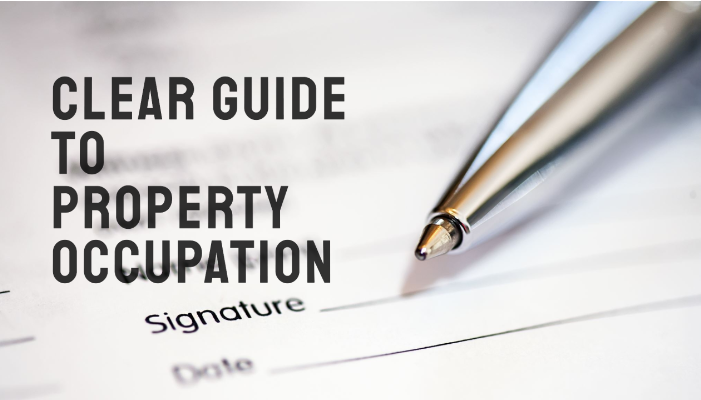
When it comes to property occupation, understanding the distinction between a lease and a licence is crucial for both landlords and tenants. This guide will walk you through the main criteria for each, helping you to make informed decisions in your property dealings.
What is a Lease?
A lease, often referred to as a tenancy in the context of residential property, is a contractual agreement between a landlord and a tenant. The key characteristics of a lease include:
Types of Tenancies
Assured Shorthold Tenancy (AST)
The AST is the most common type of tenancy in the private rented sector. For a tenancy to be classified as an AST, it must meet the following criteria:
ASTs offer landlords flexibility since tenants do not have long-term security after the initial fixed term. Landlords can regain possession by serving a Section 21 notice after the first four months, provided the notice gives at least two months’ notice and does not end before the fixed term.
What is a Licence?
A licence grants permission to occupy a property or part of it, typically for short-term use or shared arrangements like co-working spaces. Unlike leases, licences do not offer exclusive possession. Key points about licences include:
Deciding Between a Lease and a Licence
To determine whether an arrangement constitutes a lease or a licence, consider the following scenarios:
Scenario 1: Lease
Scenario 2: Licence
Special Cases
Holiday Lets
Holiday lets are typically short-term and often found in tourist areas. They must be available for at least 210 days a year and let for at least 105 days a year. These are considered licences because they do not provide the occupier with a main home and require the occupier to vacate at the end of the let.
Resident Landlords
If a landlord shares living accommodation with an occupier, such as in a lodger situation, the occupier has a licence, not a lease. This applies even if the landlord owns only one unit in a purpose-built block and shares it with a lodger.
_____________________________________________________________________________
Understanding the differences between leases and licences is essential for navigating the rental market effectively. Leases provide tenants with more security and exclusive possession, while licences are suitable for short-term and shared occupancy arrangements. Always ensure that the terms of occupation are clearly defined and agreed upon to avoid any legal complications.
If you are looking to optimize your property management services with ConnectX, contact us at info@connectx.live
Map
Email Us
info@connectxservices.com
Call Us
UK Office Address: 71-75, Shelton Street, London, England, WC2H 9JQ
UAE Office Address: Meydan Grandstand, 6th floor, Meydan Road, Nad Al Sheba, Dubai
©2024 ConnectX Services. All Rights Reserved.
Terms and Conditions
Privacy Policy

Subscribe to our below newsletter and never miss any update